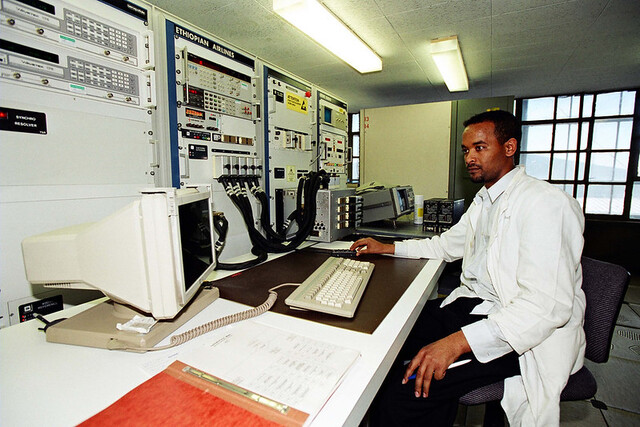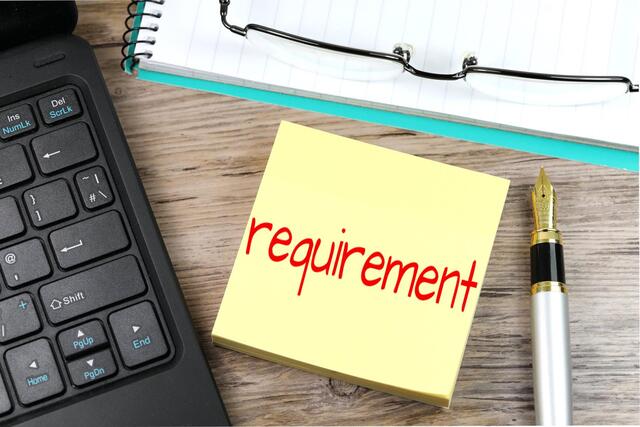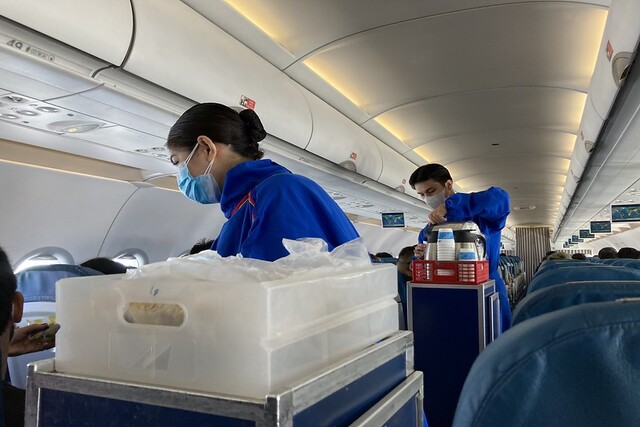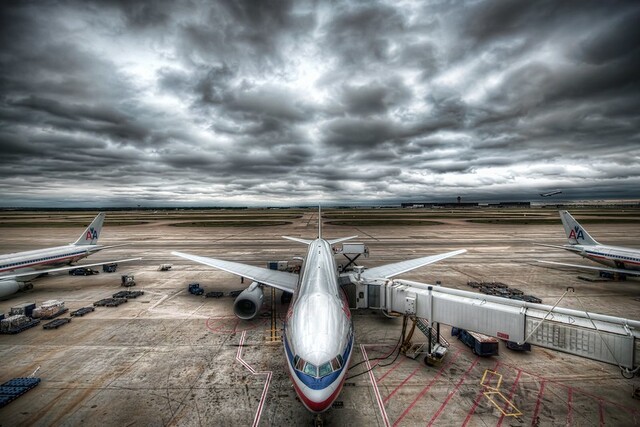Airlines work from home jobs have become an increasingly popular option as the traditional office landscape evolves. The airline sector is one of the industries that is embracing this change, with work-from-home positions becoming more and more common. There are benefits and drawbacks to this shift, especially for people working in customer service at airlines and other related industries. This article examines the advantages and difficulties of working from home in the aviation industry, focusing on several factors such experience requirements, part-time employment options, and ease of admission.
Table of Contents:
The Rise of Arline Work From Home Jobs
The shift towards remote work has not bypassed the airline industry. Many airlines are now offering work-from-home positions to streamline their operations and adapt to changing work environments. These roles primarily include customer service positions, reservations, and ticketing jobs. The move to remote work has been driven by technological advancements and the need for greater flexibility in the workforce.
Benefits of Working From Home in the Airline Industry

1. Flexibility and Work-Life Balance
One of the most significant advantages of Airlines work from home jobs is the flexibility they offer. Employees can design their schedules around personal commitments, It may result in a more favorable work-life ratio. Those with personal obligations or family responsibilities will especially benefit from this flexibility.
2. Reduced Commuting Stress
Eliminating the need for a daily commute can greatly reduce stress and improve overall job satisfaction. Employees save time and money by not having to travel to a physical office, which also contributes to a lower carbon footprint. This aspect of work-from-home airline jobs is particularly appealing to those who live in areas far from airline offices or have long commutes.
3. Expanded Job Opportunities
Airline jobs work from home part-time and full-time positions provide employment options to people who might not be able to find jobs in conventional office environments. For example, those living in remote areas or with mobility issues can now access roles in the airline industry that were previously inaccessible. This expanded reach also allows airlines to tap into a broader talent pool.
4. Cost Savings for Airlines
Airlines may also be able to save money by using remote workers. According to a 2024 Global Workplace Analytics analysis, businesses may save $11,000 annually on average for every full-time remote worker. Lower overhead charges for things like workspace, utilities, and other running costs are the source of these savings. Airlines can use these savings to increase their remote work capabilities and enhance their customer service systems.
Challenges of Airline Work From Home Jobs
Some difficulties of Airlines work from home jobs are as under:

1. Technological Requirements and Issues
While remote work offers flexibility, it also comes with technological challenges. Employees must have access to a reliable internet connection and the necessary hardware and software. Technical issues can disrupt work, affecting productivity and customer service quality. Airlines must ensure that their remote employees are equipped with the right tools and support to mitigate these challenges.
2. Isolation and Insufficient Team Communication
Remote work can cause employees to feel disconnected as they aren’t able to participate in the kind of social contacts and teamwork that come with working in a regular workplace. Team cohesiveness and morale may suffer from this isolation. Airlines should use techniques like online team conferences and frequent communication to keep distant workers involved and connected.
3. Keeping Work-Life Splits in Line
Working remote work has its benefits, but it may also make it harder to draw boundaries between work and personal life. It could be challenging for employees to construct barriers between their private and official lives in the absence of the physical barrier of an office. Burnout and longer work days could come from this. Having an appropriate balance between work and life requires efficient time management and well-defined work hours.
4. Maintaining Customer Service Quality
Maintaining high-quality customer service can be challenging with a remote workforce. According to a 2023 study by J.D. Power, 45% of customers believe that remote customer service representatives may lack the personal touch and efficiency of in-person interactions. Airlines must ensure that remote customer service agents are well-trained and equipped with the right tools to provide exceptional service and address customer needs effectively.
Easy Airline Jobs and Entry-Level Opportunities

For those looking to break into the airline industry with minimal experience, there are various work-from-home positions that cater to entry-level candidates. Easy airline jobs such as work-from-home airline customer service and reservation roles, often require basic skills and a willingness to learn on the job. These positions provide an excellent opportunity for individuals to gain experience and advance within the industry.
Airline Jobs Work From Home Part-Time
Part-time work-from-home positions are also available in the airline sector. These roles offer the flexibility of working reduced hours, making them suitable for individuals seeking supplemental income or those balancing other commitments. Part-time roles in airline customer service or reservations can provide valuable experience while allowing employees to manage their time effectively.
Airline Work From Home Jobs No Experience
For those with no prior experience in the airline industry, work-from-home roles can be a viable entry point. Many airlines offer training programs to help new employees acquire the necessary skills. These airline work-from-home jobs with no experience often focus on customer service, ticketing, and reservations, providing a solid foundation for future career growth within the industry.
Conclusion
Airline work-from-home jobs represent a significant shift in the industry, offering numerous benefits such as flexibility, reduced commuting stress, and expanded job opportunities. However, they also come with challenges, including technological issues, isolation, and managing work-life boundaries. By understanding these aspects, individuals can better navigate the remote work landscape and find success in their airline careers. Whether seeking easy airline jobs, part-time opportunities, or roles requiring no experience, the work-from-home model offers a range of possibilities for those interested in the airline industry.







